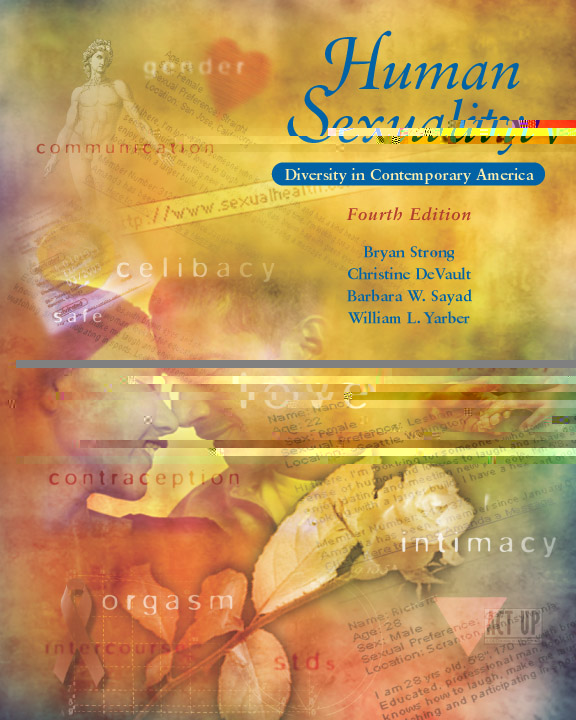 |  Human Sexuality: Diversity in Contemporary America, 4/e Brian Strong,
University of California, Santa Cruz
Barbara Werner Sayad,
California State University, Monterey Bay
Christine DeVault,
Cabrillo College
William Yarber,
Indiana University
Atypical and Paraphilic Sexual Behavior
Sexuality Links Chapter 10Atypical and Paraphilic Sexual Behavior
LINKS TO GET YOU STARTED
| Atypical Sexual Behavior
(http://cfs.he.utk.edu/240class/atypical.htm)
This web site contains descriptions of voyeurism, fetishes, sadomasochism, beastiality, and pedophilia. |  |  |  | Atypical Sexual Behavior
(http://www.usu.edu/~openshaw/3110/3110ppt/atysex/AtypicalSexualBehavior_files/outline.htm)
These slides present some basic information about atypical sexual behavior. |  |  |  | A Theory About the Variety of Human Sexual Behavior
(http://www.ipt-forensics.com/journal/volume5/j5_2_8.htm)
"Dawkins's theory of gene transmission is extended and applied to develop a theory about the variety of human sexual behavior. According to this theory, the many different types of human sexual behavior, including the paraphilias, can be seen as having species survival value. These atypical sexual behaviors all, in some way enhance the general level of sexual excitation in society and therefore increase the likelihood that people will engage in sexual activities that lead to procreation." |  |  |  | Alternative Sexual Practices
(http://www.umkc.edu/sites/hsw/issues/intro.html)
"Defining unusual, atypical, or non-mainstream sexual behavior is not an easy task. Many sexual practices that were once deemed wrong or forbidden appear to be common nowadays. If the majority of people are engaging in a particular behavior, does that mean that the behavior is normal and therefore perhaps, permissible?" |
|



 2002 McGraw-Hill Higher Education
2002 McGraw-Hill Higher Education